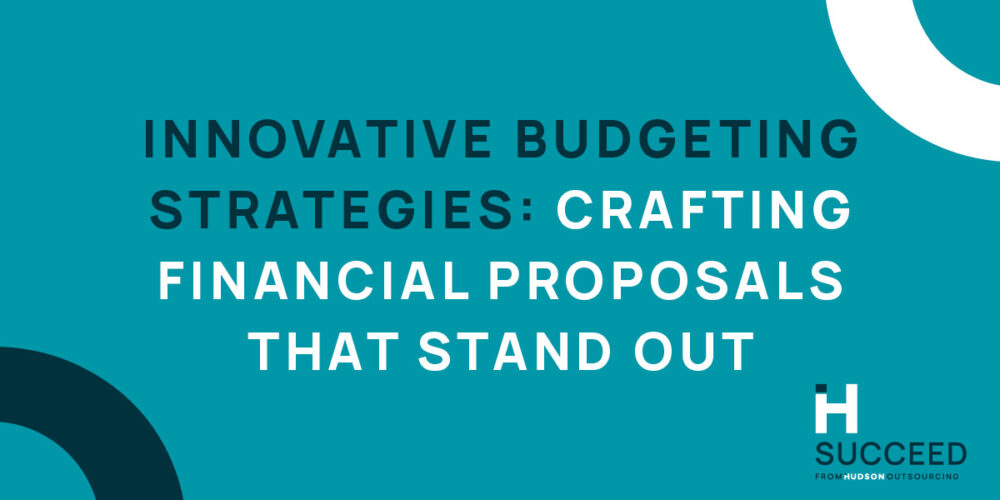Social value and tendering
Last updated: Jun 7, 2022 @ 3:50 pm
What is social value in tendering?
Social value and tendering now seem to go together as a pair. The Public Services (Social Value) Act 2012 became law on 8th March 2012. The law requires public sector organisations to consider the potential for suppliers to deliver services that enhance the area and people with whom they will be working.
These services can focus on improvements to areas such as:
- Social
- Environmental
- Economic
- General wellbeing.
A new social value model was launched meaning the central government will be required to go beyond the Public Services (Social Value) Act 2012. These new measures came into effect on the 1st of January 2021. It was launched with the aim of;
- Creating new jobs and promoting skills;
- Encouraging economic growth;
- Supporting COVID-19 recovery;
- Tackling climate change, and;
- Levelling up the UK.
Thanks to this act, there is an obligatory emphasis on social value questions in tenders and PQQs. This demonstrates the increasingly important link between social value and tendering.
Why is it important?
Public sector organisations inviting tenders for work over £180K are now obliged to ask potential suppliers about social value. It is now more important than ever to be aware of what it means. You must now demonstrate an understanding of social value into your bid responses.
Levelling the playing field
This new social value procurement model will help to level the playing field between large corporations and SMEs. The new system will apply tests that all bidders are capable of meeting, regardless of their size.
Cabinet Minister, Julia Lopez, said:
“Government has tremendous buying power, spending £49bn each year on vital public services. Value to the taxpayer should lie at the heart of our procurement decisions.
Too often, however, ‘value’ has been narrowly defined by price without taking into account other important factors such as the number of local jobs or apprenticeships a contractor will provide, the care they show the environment in their business practices or the number of SMEs involved in their wider supply chain.
We want to see a greater variety of companies deliver government contracts, from every corner of our country – not just because that benefits local economies and communities but because it helps diversify our risk, create a more resilient supplier base and deliver some of our critical priorities.
If we can use government’s buying power to drive that broader value, the better our chances of levelling up our country and investing in our people as part of our COVID recovery.”
Consistency across public sector organisations
With a vast number of government departments across the UK, consistency is vital for ensuring equal opportunities for all suppliers. Therefore, commercial teams, working within these departments, will be expected to complete specific training. This training will focus on implementing the new model and deriving the maximum social value from contracts.
Chair of the Social Value Policy Unit at the Federation of Small Businesses, Arnab Dutt, said:
“I welcome the announcement of social value procurement as an important step forward for public sector supply chains. Its focus on addressing economic inequality, the climate emergency and societal wellbeing is a 21st century agenda.
Social value has the potential to be transformational in bringing opportunity to all parts of our county and the many small businesses that are the lifeblood of our communities.
The Federation of Small Businesses continues to help shape the policy of a dynamic ecosystem for our UK SMEs in collaboration with the public sector, acknowledging that the government’s SME growth agenda and social value policy go hand in hand.”
What might a buyer want to see?
It is important to note that when considering social value and tendering, the value you describe doesn’t just have to be “social” related. You can demonstrate environmental, benevolent, economic or employment-related values. For example, broadly speaking, the below are all examples of social value in one form or another:
Benevolent:
- Charitable donations
- Allowing your employees voluntary days
- Team building days at charities/non-profit organisations
- Sponsored events
- Supporting local charities in other ways.
Social:
- Upskilling employees
- Rewards and benefits schemes for employees
- Encouraging and participating in community schemes
- Ethical supply chains – i.e. Fair Trade
- Engaging with local community groups such as sports clubs, schools and social groups.
- Community engagement – mobilising and involving the community.
- Promoting social integration.
- Providing/facilitating opportunities for disabled people
- Supporting local heritage and culture.
Employment:
- Having flexible working and lieu days
- Mindfulness, counselling and therapy sessions in the workplace
- Introducing additional learning opportunities in the workplace to enhance employees’ careers.
Economic:
- Extra employment opportunities
- Recruiting locally
- Introducing work experience and apprenticeship opportunities
- Engendering additional value for money by introducing cost-saving techniques
- Local investment
- Taking people out of unemployment.
Environmental:
- Reducing carbon footprint
- Introducing processes to monitor energy and water usage
- Promoting sustainable practices in the community
- Using environmentally-friendly techniques and supplies
- Efficient use of equipment, people and resources.
- Picking suppliers who can supply multiple products and services to cut down on transport costs and times.
How will the new model be used?
The new social value in the procurement model will be used by government bodies to assess the social impact of suppliers. From January 2021, a 10% weighting is placed on social value in your quality responses, when bidding for central government contracts.
When evaluating tender responses, government departments will use the new model to score potential suppliers. This scoring will focus on the wider, positive impact that your business will provide whilst delivering the contract.
The new model also means more value for money for the UK taxpayer.
The Minister for Civil Society, Baroness Barren said:
“This hugely positive change will ensure taxpayers’ money supports levelling up across the country, encouraging businesses to give back to their communities and offering more opportunities for our dedicated charities, social enterprises and voluntary groups. This way we can ensure government contracts are helping to tackle economic inequality and support our recovery.”
Social value in tender responses will be assessed based on;
- How your organisation supports COVID-19 recovery;
- How you are creating new businesses, jobs and skills to tackle economic inequality;
- The environmental considerations you take to help fight climate change and reduce waste, and;
- The equal opportunity policies you implement and adhere to within your organisation.
Why might a buyer want to see an awareness of social value in a bid?
Social value in tendering is about going above and beyond. Buyers want to see achievable ways for suppliers to make a positive impact on their surroundings if they win the bid. Buyers don’t just want suppliers who can successfully deliver the work, but who are able to offer the whole package.
Our 4 top tips for demonstrating social value:
1. Do your research
Many public sector organisations, especially local authorities, publish specific social, environmental or charitable agendas. This is usually in the form of strategic economic or social plans, for example, the North East LEP Strategic Economic Plan. This may be included as part of the tender or may be available on the public sector body website. It’s important to do your reading and ensure you demonstrate that you share the same priorities, in your response.
2. Specificity
Don’t be vague. Make tangible commitments and include:
- Figures
- Dates
- Places
- Names
- Precise objectives and targets where possible.
For example, “We are committed to continuing our process of reducing our carbon footprint and aim to have this reduced by 45% from its current level by the end of the contact in June 2022.”
3. Understand what is required of you
It is important not to presume you know what the buyer wants to hear. Instead, digest the demands of the question and respond accordingly. Don’t, for example, get caught up in writing about adding value through making charitable donations if the question is asking you to detail how you will enhance social value through introducing additional employment/work experience opportunities.
4. Commitments
Make commitments you can keep. We have seen many cases of suppliers making promises they cannot keep. Since buyers expect suppliers to adhere to the promises they make, this can often lead to trouble.
In summary
The new social value in procurement model will challenge and encourage suppliers to think beyond their own, internal objectives. In the future, suppliers will need to consider the impact of their organisation on the wider community and environment. The actions they then implement will need to be demonstrable in order to be successful in public sector tendering.
The model will also challenge government authorities to choose the best supplier based on more than just price. They will need to assess the positive impacts of their chosen supplier and ensure that they maximise taxpayers’ money. In turn, this also means that suppliers of different sizes can be compared more fairly. Large corporations and SMEs alike will be measured against the same initiatives.
Further support
If you’re struggling with social value or need help understanding a buyer’s requirements, our dedicated team are here to help. Get in touch with our team for a free consultation. Simply call, email or upload your tender specification.
Our Bid Writers can help you when tendering for contracts. They can advise you on writing winning bids and give you more information about the tendering process in general.
For more information, visit Tender VLE for the latest in tendering and procurement masterclasses.
Find more helpful tips and advice in our blogs. We cover topics including:





